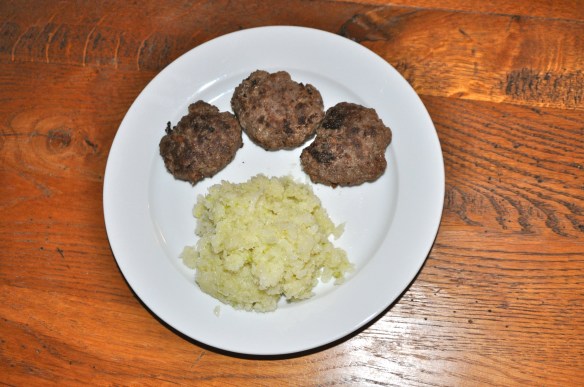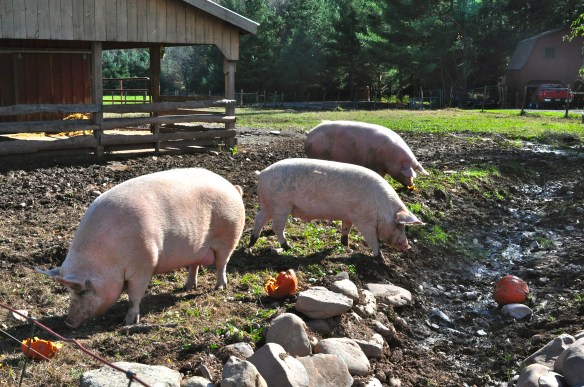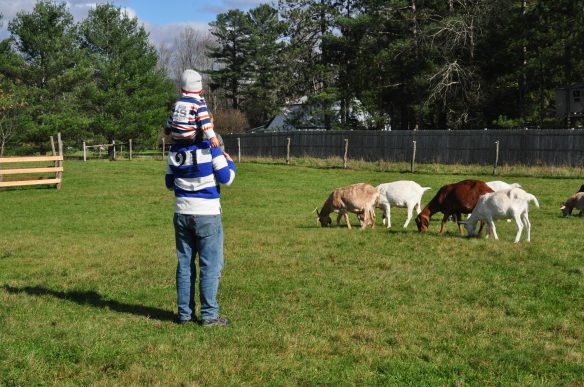Twelve years ago, I brought my cat William to the veterinarian and said something was wrong with him.
“Is he eating?” the vet asked.
“Same as usual,” I said.
“Using the litter box?”
“Yes.”
The vet slid her hands along William’s sides, under his belly. “How’s he acting?”
“Seems fine.”
She bent back William’s ears and peered inside and finally asked, “Well, what’s the problem?”
I told her I didn’t know what the problem was. I couldn’t identify anything particularly different about William. I just had a feeling that something wasn’t right.
I find myself operating on the “feeling” principle a lot these days. This morning, after Martin left for school, I had a feeling that he is improved, howsoever marginally. (“Improved” meaning “closer to neurotypical.”) I can’t say why. We didn’t have an outstanding breakfast; he refused to eat anything but the pear chunks from his bowl of buckwheat cereal, pre-soaked walnuts, and pear. (I make gluten-free cereal twice per week, under the “needs a few carbs” rule.) He was mostly quiet, he didn’t want to use the potty, and he resisted his HANDLE exercises.
We did have a breakthrough on Saturday. Friends had brought their daughter, who is a few years older than Martin, over to play. At some point the little girl got hold of her father’s iPhone and opened an app by which she could tap the screen to play music. She tapped away, and the iPhone sang a disjointed cacophony of notes. Martin, sitting nearby, watched the activity with interest but also seemed confused. Twice he turned his gaze toward me, to read my facial expression about the iPhone performance. One symptom of autism (and a symptom that Martin shows) is lacking ability to read facial expressions, and/or lacking interest in doing so. Martin looked to me twice, not once. It was no accident.
Funny, though, I didn’t have a feeling on Saturday that Martin was improved.
Today I do.
Who knows? It’s easy to attack intuition. On a rational level, I can discredit my sense that Martin may be improved. On a gut level, the feeling colors my whole day. I feel like Martin’s doing well, so I do well.
Twelve years ago, the vet found nothing wrong with William by appearance or outward physical condition. Only with her stethoscope did she discover that, by her estimation, William’s heart was beating more than 400 times a minute. My hunch had led us to the misfire between the upper and lower chambers of William’s heart that that eventually would kill him.
When it comes to kids—human or feline—I think I know my own. I hope.







